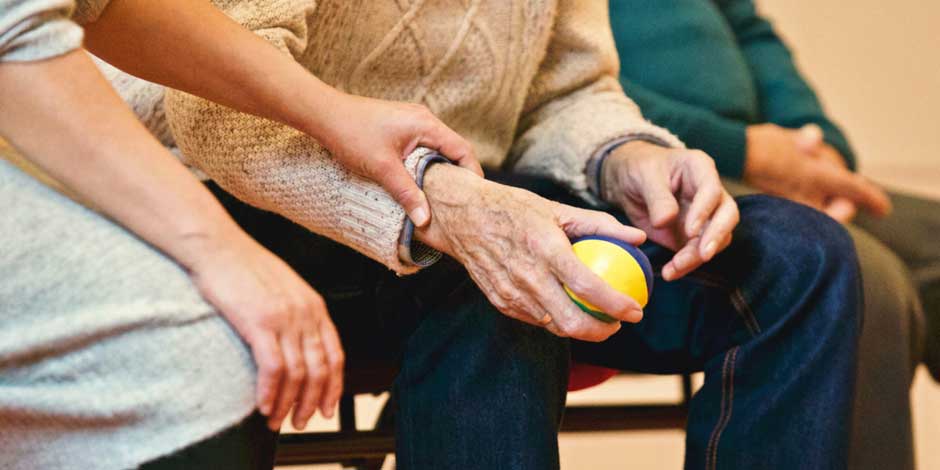
A mental health first aider is someone who is trained in providing mental health support to their peers in the workplace.
It’s not strange for companies to have first aiders who respond to physical injuries or accidents occurring in the workplace. Whilst it’s important to think about the physical safety of workers, it’s equally important for companies to think about often invisible workplace issues, namely, the mental health and wellbeing of their staff.
Companies should consider having a mental health first aider in the workplace to ensure a holistic response to employee health, safety, and wellbeing.
The best way to describe a mental health first aider (MHFA) is to compare it to the physical first aid offered by many workplaces.
A physical first-aider tends to have a basic first aid kit to help them respond to accidents and injuries. This might include dressings and ointments to tend to a wound or sterile plasters to protect minor bruises. A colleague is often trained for this position to help use these basic supplies to offer medical support until a health professional is on hand.
An MHFA is an individual who is synonymous with a first aid kit. Following 2-days of intense training, they are equipped with relevant knowledge about mental health, including how to spot and appropriately respond to mental health issues in the workplace, signpost and support.
MHFAs are not qualified therapists and are not responsible for actively seeking colleagues to support. They are not the new therapist sheriffs in town! Instead, they are volunteers who are able to identify signs of mental health issues in the workplace and who act as the first point of contact for employees who need support and signposting, they listen and also know what not to say.
A good MHFA is someone who is able to actively listen to an employee. This means fully concentrating on what the employee is saying and not just hearing them.

Good MHFAs know how to appropriately respond, offer solutions, and signpost employees to further support if and when needed. It doesn’t make sense to have MHFAiders that have roles that don’t allow them to spend some time with colleagues.
Having an MHFA in the workplace can demonstrate an organisation’s commitment to employee mental health and wellbeing. Depending on the size of the organisation, a company might wish to consider training a percentage of its workforce, we suggest 15%.
MHFA also facilitates healthy, sustainable and trusting relationships between employees and their management teams by encouraging workers to speak up if they are facing any problems.
Companies also benefit from having happy staff. Mental wellbeing initiatives have been seen to create better leaders and highly motivated teams. As well as this, it has been reported that for every £1 spent on mental wellbeing, £5 is made.